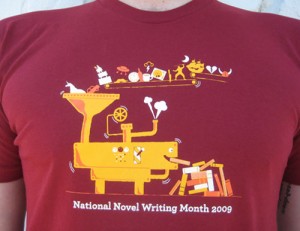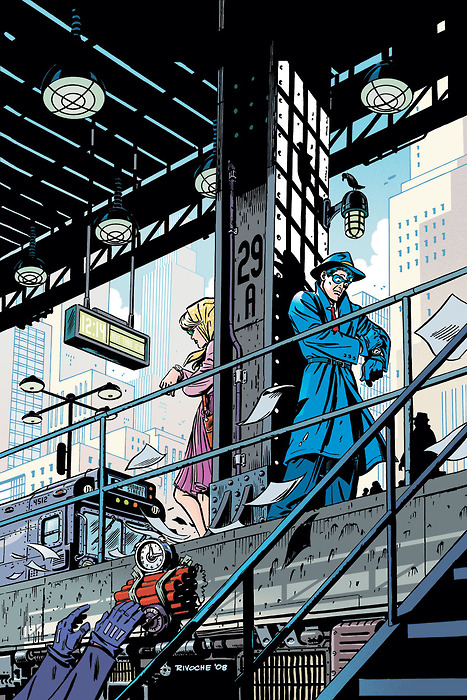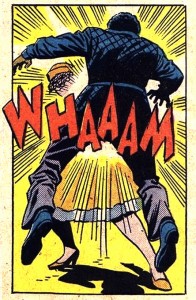So this was me, last night, on Twitter:
Me: Guys, can we move things along?
Characters: We are.
Me: But, the outline…
Characters: Shush. Grown-ups are talking.
I had forgotten about this part of the project.
See, I’ve been doing revisions for quite awhile. Revisions are nightmarish and purgatory-like, but in some important ways they’re very comforting, because you’re working on a project where you and the characters are old friends. They probably aren’t going to do anything TOO crazy and unexpected. Also? They probably don’t hate you.
The first draft characters? It’s not like that. They wander off. They don’t go where you want. They won’t SHUT. UP. And they think your outline is an adorable list of suggestions. They definitely don’t trust you yet. You’re a week into the project, and you know in your head where you want to go, but the story just doesn’t seem to be going that way. If you’re working from an outline, you haven’t seen anything that resembles a point on the outline for the last four days.
So how do you deal with these characters?
I’m going to suggest you give them their heads for awhile.
Let me tell you a quick story.
My granddad got a hunting dog pup. Good dog, but damn he was hyper. If you took him out for a hunt around the end of the day, he was all right, but in the morning? Forget about it. My granddad hunted for most of his life, and he understood animals and people (and stories, but that’s a post for another day), so this is what he did.
Every day – usually before I was even awake – he drove out to this stretch of gravel road between his house and ours. He’d let the dog out and lead him down into the ditch. He got him to sit still, walked back up to the truck, got in, rolled down the window, put the truck in gear, hollered “Come on!”, and hit the gas.
About a mile later – sometimes more, depending on how hyper the puppy had been acting that morning – he’d slow down, stop, get out, and walk around to the back of the truck.
The dog would be standing right there, panting, with his big, dumb, dog smile plastered over his face.
My granddad bent down (which took awhile, on some mornings), looked the dog in the face, and said “You ready to listen?”

That. Right there. You do that.
Your characters are hyper. They’re just fucking thrilled to be in a story and living and breathing and just doing stuff.
Let ’em run it out.
Once they’ve got it out of their system (it’s coming up soon — probably today or tomorrow), get back in there and take the reins back.
Just so we’re clear about what I’m saying, let me put it in clear points.
- Your characters aren’t listening to your grand plans. Don’t panic.
- Let them run. Stay with them, so they don’t run off somewhere completely horrible, or get badly hurt, but let them run.
- When they bleed off that wild edge, step back in and assert control.
Now, caveats.
- With #1, it’s not okay if they’re not listening and not doing anything interesting. Screw that. Kick em in the ass and get em in line.
- #3: This part is important. You are the author. You really are in charge, so get the fuck back in there and take charge. It’s just a quick run – not anarchy. We aren’t poets.
-=-
On Writing
That’s the end of this post, but I wanted to add a little postscript here that harkens back to one of the main tips of NaNoWriMo: “It’s okay if you write crap.” I’ve said similar things before, but I want to fine tune that statement a bit; include something I unconsciously add for myself, but don’t say aloud often enough.
“Write bad stuff, but as much as possible, don’t write it badly.”
I’ve seen some folks do these NaNoWriMo projects and… it’s like they saw “it’s okay to write crap” and thought it meant “it’s okay to forget everything you know about writing.”
Yes, it’s okay to have big, fat scenes with too much dialog and some unnecessarily long descriptions — you’re feeling your way in a new space; some of that exposition and over-description is for YOU, to find out what’s going on and to get to know the characters — you can write it now and chop it later.
But it’s not okay to ignore your tools. Solid sentence structure. Decent grammar. Spelling as good as you can do without actually running a spell checker. (That’s a treat to save for this coming Saturday.)
You have these tools. Treat them with respect. Use them well. That’s all.
Get to work.
Have fun.








